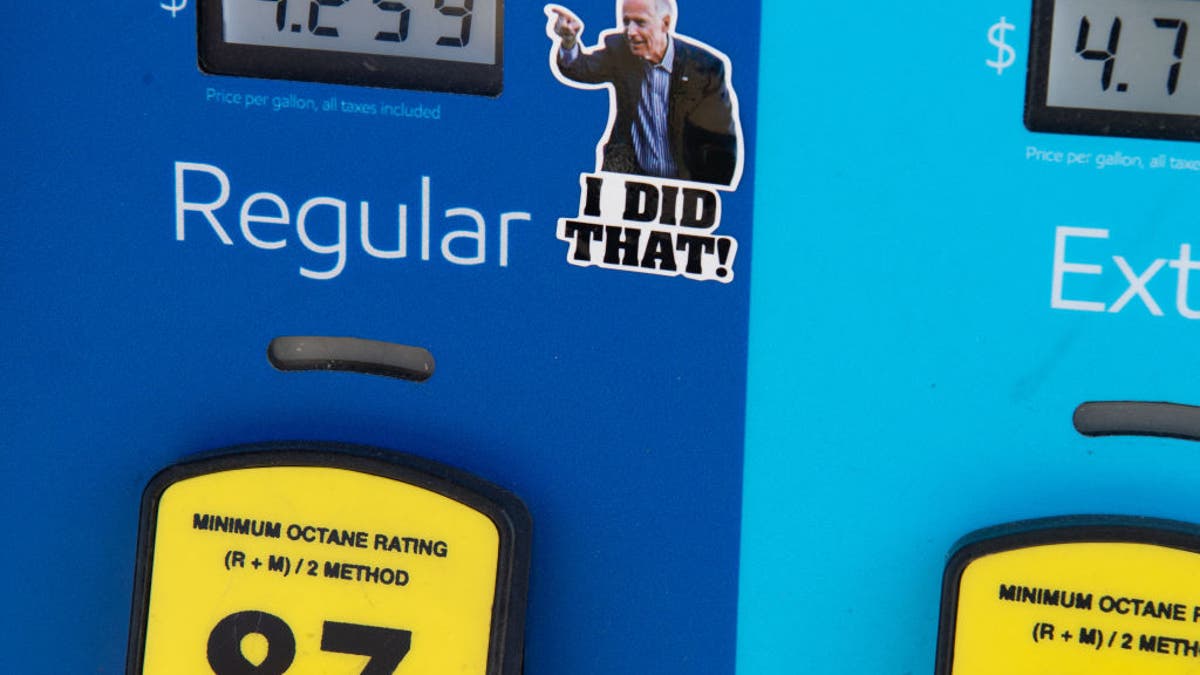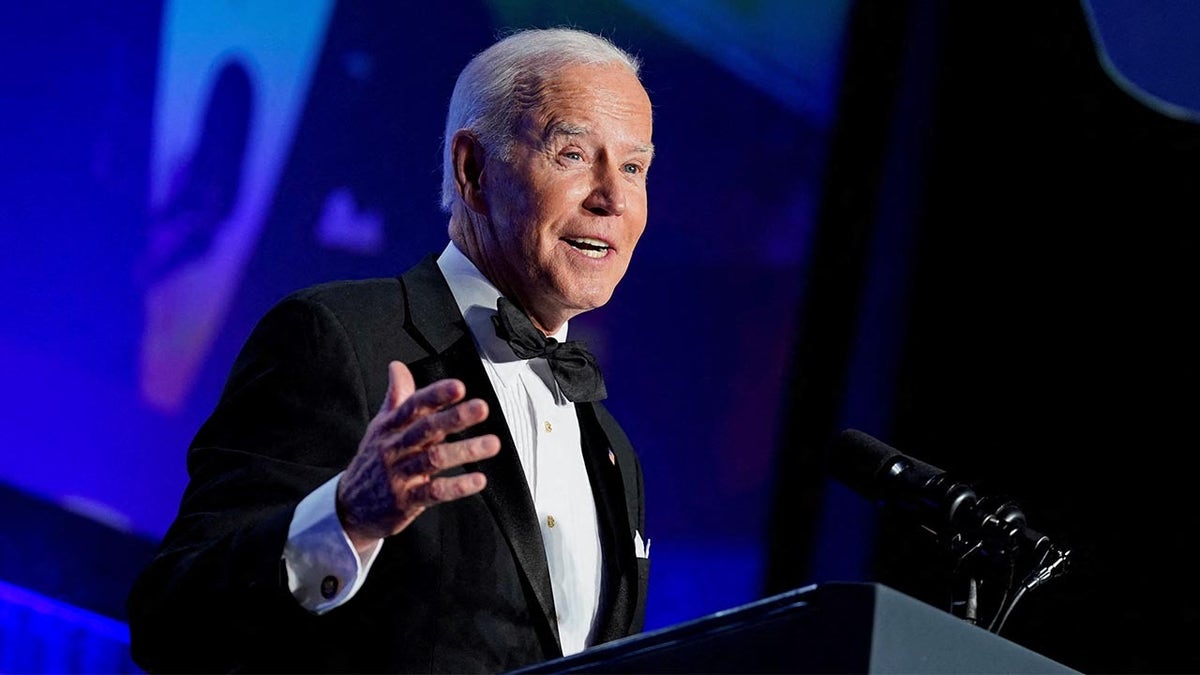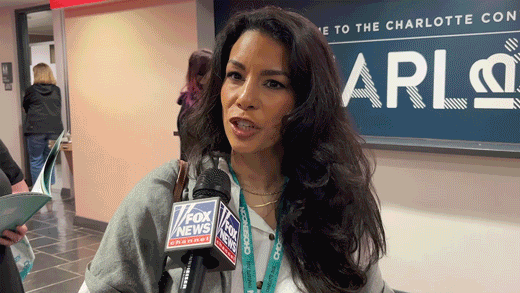Experts predict inflation is here to stay
Investors and analysts discuss whether Americans should be worried about inflation, and how long it will last, with Fox News Digital.
Experts and investors warned inflation is likely to plague the United States for years to come, despite reassurance from President Biden and Fed Chairman Jerome Powell that it is transitory, or on track to decline in the next year.
Powell said in March he expects inflation to remain high through the middle of the year, but to "come down more sharply" next year.
Over the last year, this sentiment was echoed by members of the media, who downplayed the effects inflation was having on Americans.
In November, MSNBC's Stephanie Ruhle downplayed the inflation issue, saying while "nobody likes to play more," "on average, we have the money to do so." Another MSNBC host, Mehdi Hasan, criticized the "inflation obsessive" that month for their opposition to the sprawling Build Back Better program that he claimed would lower it.

A gas pump displays fuel prices, along with a sticker of President Joe Biden, at a gas station in Arlington, Virginia, on March 16, 2022. (Saul Loeb/AFP via Getty Images)
In December, New York Times columnist Paul Krugman admitted he had been on "Team Transitory" and thus far had been proven wrong, writing, "Mainstream economists are currently divided between what are now widely called Team Transitory and Team Persistent. Team Transitory, myself included, has argued that we’re looking at a temporary blip — although longer lasting than we first expected. Others, however, warn that we may face something comparable to the stagflation of the 1970s. And credit where credit is due: So far, warnings about inflation have proved right, while Team Transitory’s predictions that inflation would quickly fade have been wrong."
Four months later, Krugman admitted in another column that even though a temporary improvement was in the offing, inflation was a problem that wasn't going away soon.
The notion that inflation is merely transitory doesn't appear to be part of a broad media narrative anymore, as persistently high prices have gripped the United States for months.
President Biden, press secretary Jen Psaki, and U.S. Treasury Secretary Janet Yellen all suggested last year that inflation would be temporary.
Now, it's such a part of American life, it's fodder for humor. Biden was spotted laughing Saturday at the White House Correspondents Dinner when comic Trevor Noah joked that he didn't get why the president got so much criticism, since under him everything is "up."
"You know, I think ever since you’ve come into office, things are really looking up. Gas is up. Rent is up. Food is up. Everything," Noah said.
ANALYSTS WEIGH IN ON JOKES ABOUT INFLATION AT WHITE HOUSE CORRESPONDENTS' DINNER: ‘GROSS’
Biden laughed this time, but it's previously been a sore spot. Asked by Fox News' Peter Doocy in January if inflation would be a political liability ahead of the 2022 midterms, Biden muttered sarcastically it would be a "great asset," before adding, "What a stupid son of a b---h."

President Joe Biden speaks during the annual White House Correspondents' Association Dinner in Washington, April 30, 2022. (Reuters/Al Drago)
Billionaire investor David Rubenstein; however, said that Americans should be worried about inflation.
"Inflation, as we all know, when it gets in the system, it's very hard to get it out. It takes a long time to get it out, can take a couple of years," Rubenstein told Fox News Digital at The Milken Institute’s 2022 Global Conference.
"So now I don't think the inflation rate this year will be what it was last month or so. I don't think we're going to have 8% annualized rate of inflation, but I suspect something around 5% is probably not unlikely, maybe even 6%," he added.
CLICK HERE TO GET THE FOX NEWS APP
The Milken Institute chief economist Bill Lee predicted inflation would be "well over 3.5%" for the next five years, after which he said it would begin to wane.
This could have drastic implications for Americans across the country.
"One of the things that we've seen is that inflation has, you know, very direct impacts on Americans, on American families and American businesses," Director of the Congressional Budget Office Phillip Swagel told Fox News Digital. "It also has implications for the implications for the budget. For American families, the high inflation that we've seen the highest in decades has meant higher prices for food, for travel, for gasoline. It means that family incomes don't go as far. Family budgets are stretched."
Fox News' David Rutz contributed to this report.











































